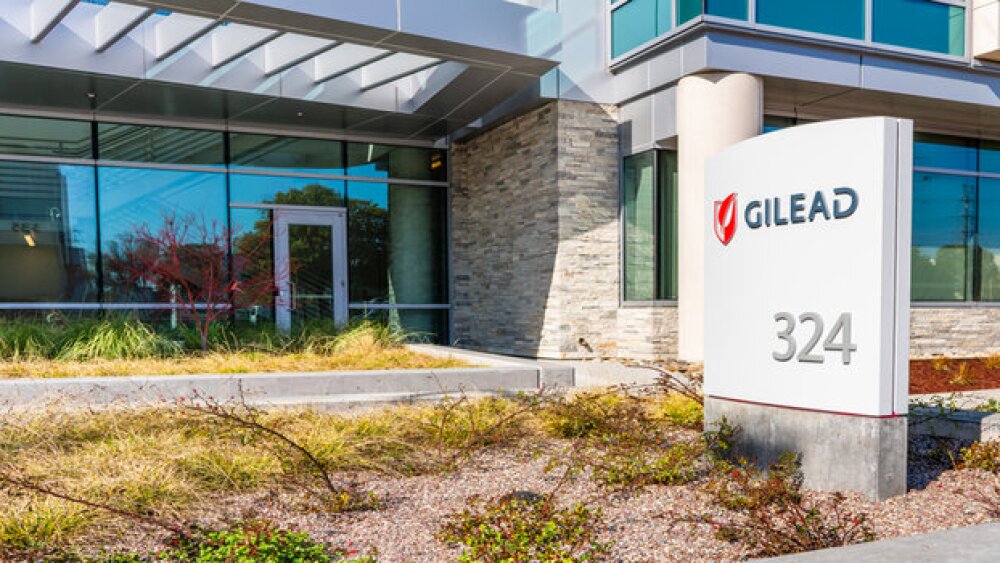Gilead’s investment will let it assess the therapeutic potential of targeting STAT6, a transcription factor involved in IL-4 and IL-13 signaling, which in turn are known inflammatory targets.
Gilead Sciences over the weekend announced that it had inked a strategic partnership with Danish biotech LEO Pharma to advance programs for as-yet-undisclosed inflammatory targets.
Details surrounding the deal remain scarce, with the partners so far revealing only an upfront payment of $250 million and total deal consideration of up to $1.7 billion—including the upfront sum—plus royalties. A more detailed financial breakdown, such as which milestones will be eligible for payout, have yet to be revealed.
Gilead is also staying mum about its specific targets. In return for its investment, the pharma will secure global rights to develop, manufacture and commercialize LEO’s preclinical oral small molecule STAT6 program for certain inflammatory conditions. Gilead will also gain ownership of LEO’s preclinical targeted protein degraders.
LEO, meanwhile, will retain global rights to develop its STAT6 programs as topical treatments in dermatology indications, and the biotech will also have the option to co-commercialize the oral therapies for dermatology outside the U.S. Under the deal, Gilead may also be eligible for tiered royalties on sales of topical STAT6 products.
STAT6—also known as signal transducer and activator of transcription 6—is a transcription factor involved in the IL-4 and IL-13 signaling cascades, both of which are known to be central to immune-mediated diseases such as asthma, atopic dermatitis and chronic obstructive pulmonary disease. Several powerhouse assets in the immuno space target these pathways, including Regeneron and Sanofi’s Dupixent, which targets both cytokines.
According to Gilead and LEO’s news release, targeting STAT6 has been found in preclinical studies to have broad efficacy against inflammatory targets, and could potentially provide an oral alternative to the typically injected therapies in these indications.
“STAT6 holds potential for treating various inflammatory diseases,” LEO CEO Christophe Bourdon said in a statement, adding that the Gilead partnership “will enable us to accelerate the development of the STAT6 program and maximize its potential in dermatology and beyond.” Flavius Martin, executive vice president of research at Gilead, agreed, noting that the LEO deal will help the pharma “explore the potential of the STAT6 pathway to bring forward an oral option for patients suffering from chronic inflammatory conditions.”
The LEO agreement also represents a continuation of Gilead’s attempt to expand its pipeline beyond its infectious disease wheelhouse. In recent months, the company has been building its cancer capabilities, including through a December 2024 contract with Tubulis for antibody-drug conjugates for solid tumors. The same month, Gilead signed a small molecule drug pact with Terray Therapeutics to develop treatments “across multiple targets.”
Elsewhere, Gilead in February 2024 put forth $4.3 billion to acquire CymaBay and its lead asset seladelpar for primary biliary cholangitis, an autoimmune liver disease.






